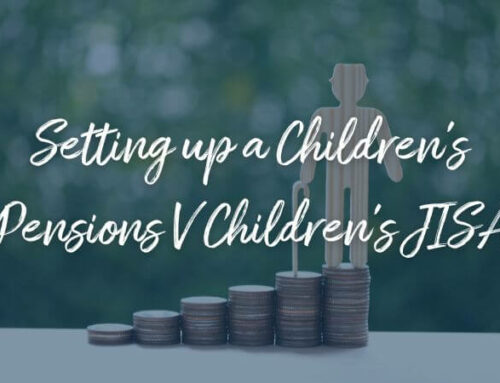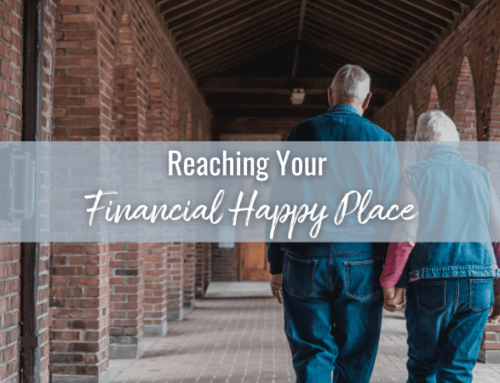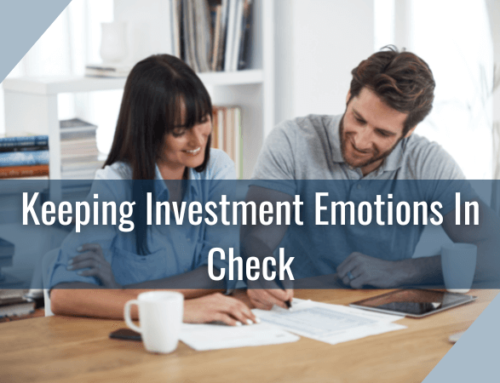In uncertain times, when we’ve witnessed periods of stock market volatility, it’s easy to let emotions influence investment decisions, but a good strategy for investors to adopt is not to react hastily. Human instinct is to be responsive, so traversing these behavioural biases can be challenging, but once mastered, resisting the urge to flight can be rewarding.
Unlike prehistoric times, when the fight or flight reaction meant the difference between life and death, survival depended on quick pattern recognition and decisive action. As an investor, controlling these hard-wired behavioural biases and learning to resist the urge to panic, can bear fruit.
Take stock market volatility in March 2020 as an example. Retail investors sold investment funds worth £10bn in just one month*, with many selling just as the stock market was falling to its lowest level in eight years. In doing so, they missed out on the subsequent market bounce of almost 30%. In other words, when it comes to investing, look forward, because markets tend to bounce back over time, though it can’t be guaranteed.
Different drivers
A number of factors lead people to respond differently to market occurrences – what your objectives are, your risk tolerance, beliefs, preferences, emotions and past experiences, can all result in different investor behaviour.
One event, such as a market fall, can lead to different behaviours; ceasing investing until markets stabilise, selling in case it’s the beginning of a market downturn, or contrarian investors may see the correction as an opportunity to invest.
Some beliefs could lead to successful investment outcomes, others could result in behavioural biases that are counterproductive and endanger the prospect of successfully achieving your objectives.
Managing behavioural biases
As humans, we all suffer from some biases. The best defence mechanism to safeguard from knee-jerk reactions and defend against the influence of your biases, is to follow a robust, objective, and disciplined process, and that’s where we come in. In addition to having a well thought out investment process, investing with a clear idea of what you want to achieve, will determine how we structure your investments.
Whether you are building your retirement nest egg or a fund to put children through university, you have a better chance of achieving your goals if they are used to frame all investment decision-making.
We take the time to understand your objectives, apply a rigorous investment process and advise you on the investment strategies and products most appropriate for you.
*The Investment Association, 2020
Talk to us
We are highly experienced independent financial advisers, so please do get in touch if you’d like to set up a free initial financial review free of charge. We’re based in Eastbourne, East Sussex, and at the moment (during the pandemic) offering online meetings. We have been successfully carrying out meetings online with clients across the South East including Uckfield, Lewes, Brighton, Tunbridge Wells, Hastings, Bexhill, Newhaven, Seaford, Crowborough and further afield.
Read more financial advice in our blog.
Please read our VoucherFor reviews here.
The value of investments can go down as well as up and you may not get back the full amount you invested. The past is not a guide to future performance and past performance may not necessarily be repeated.
It is important to take professional advice before making any decision relating to your personal finances. Information within this blog is based on our current understanding of taxation and can be subject to change in future.
It does not provide individual tailored investment advice and is for guidance only. Some rules may vary in different parts of the UK; please ask for details. We cannot assume legal liability for any errors or omissions it might contain. Levels and bases of, and reliefs from, taxation are those currently applying or proposed and are subject to change; their value depends on the individual circumstances of the investor.
The value of investments can go down as well as up and you may not get back the full amount you invested. The past is not a guide to future performance and past performance may not necessarily be repeated.
If you withdraw from an investment in the early years, you may not get back the full amount you invested. Changes in the rates of exchange may have an adverse effect on the value or price of an investment in sterling terms if it is denominated in a foreign currency. Taxation depends on individual circumstances as well as tax law and HMRC practice which can change.
The information contained within the blog is for information purposes only and does not constitute financial advice.
The purpose of the blog is to provide technical and general guidance and should not be interpreted as a personal recommendation or advice.






